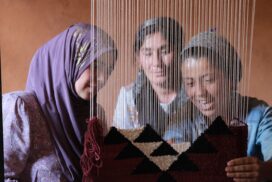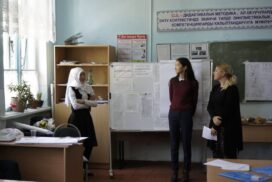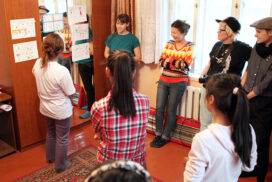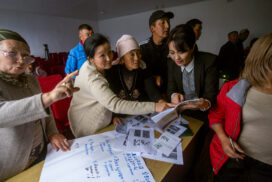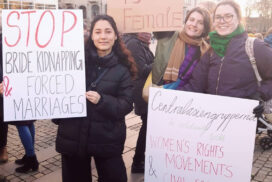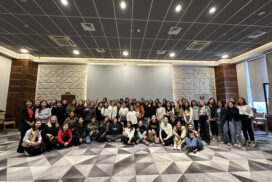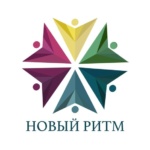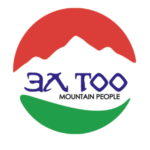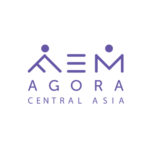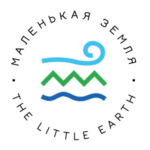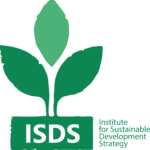Gender equality and women's rights
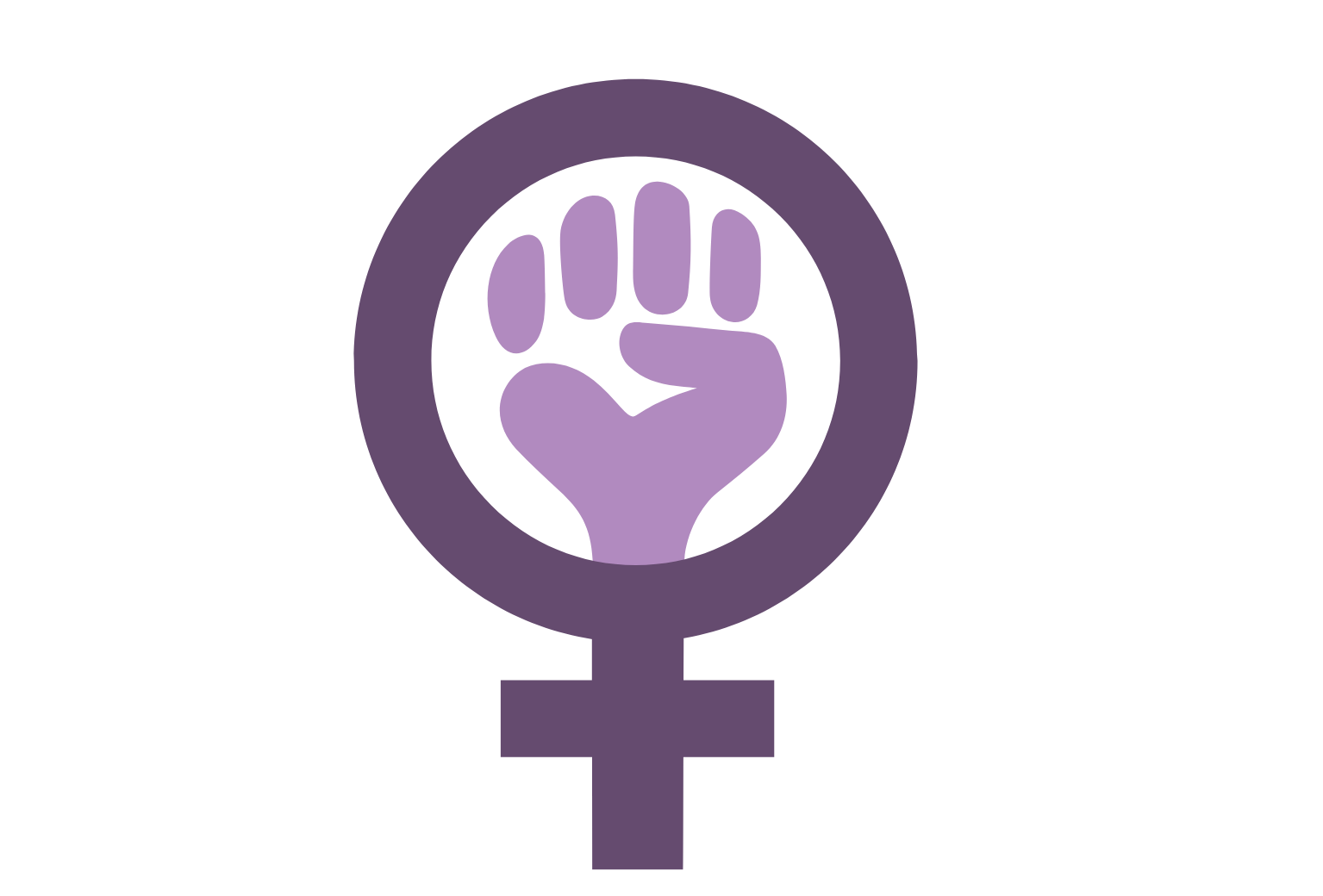
Women’s and girls' rights are curtailed in all Central Asian countries. Women are not treated equally and are not free to make their own decisions in their lives. There is widespread violence against women, and the majority of women in the region have experienced some form of violence and discrimination.
Social gender norms, gender roles, and traditional/religious values often disregard women's significance and hinder their development. Often, young girls are coerced into marrying someone they do not know, and in some cases, they are kidnapped and subsequently forced to marry their abductors. Violence against women is often normalized and tolerated. Much of the gender-based violence is settled by families or community leaders rather than through police and courts of law. Only a small fraction of all cases that are reported to police result in convictions. Despite established legal frameworks aimed at protecting women's rights, their practical implementation often falls short, and little action is taken to implement these regulations and work towards a more equal justice and political system.
Most seats in national parliaments are occupied by men, women have little political influence, and decision-makers tend to ignore women’s rights. In rural communities, women lack control over land resources and are often employed as invisible forces in agriculture due to discriminatory traditional norms that regard land solely as men's domain. This significantly impacts women’s economic power and contributes to a lack of involvement in decision-making processes, further worsening the prospects for rural women.
Our areas of work
COMBATING GENDER-BASED VIOLENCE (GBV)
-
- Raising awareness about various forms of GBV, including sexualized violence, alongside spreading statistics related to GBV, and information on relevant legislation to the public.
- Supporting civil society organizations’ media initiatives and facilitating collaboration among experts working with GBV to promote public debate, raise voices of victims, and foster collaboration and knowledge exchange.
- Engaging with decision-makers at local, regional, and national levels to encourage their active involvement in establishing and upholding legal frameworks against GBV.
PROMOTING WOMEN’S POLITICAL AND SOCIAL PARTICIPATION
- Fostering increased participation of women in decision-making processes, from family and community levels to a national scale through capacity building, awareness raising, and advocacy efforts with decision-makers.
- Challenging traditional gender norms by enhancing gender sensitivity of young people and fostering public awareness on women’s rights.
- Creating safe spaces and networking opportunities for local women’s rights and feminist organizations and activists to foster environments where they can exchange knowledge, cultivate skills, initiate collaborations and joint advocacy campaigns.
WOMEN’S EMPOWERMENT AND CAPACITY BUILDING
- Promoting education by facilitating non-formal educational and training opportunities in the fields such as human rights, gender equality, climate adaptation, conflict prevention, and social entrepreneurship.
- Fostering financial independence and sustainable livelihoods by supporting women and girls in agricultural development and encouraging women entrepreneurs in this field.
- Advocating for women’s land and ownership rights to support the struggle of women to secure their roles in families and communities, especially in rural settings.
Our target groups

Women

Feminist and women's rights organizations

Rural communities

Decision-makers
Our local partners
Related blog posts
Related videos
Explainer clip focused on women’s rights in Central Asia
A lecture on Gender in Central Asia by Elena Kim, PhD, Associate Professor at American University of Central Asia.
A short film about gender equality and women’s rights in southern Kyrgyzstan by Björn Wiberg, Johan Ekenberg and Måns Myrgren.



